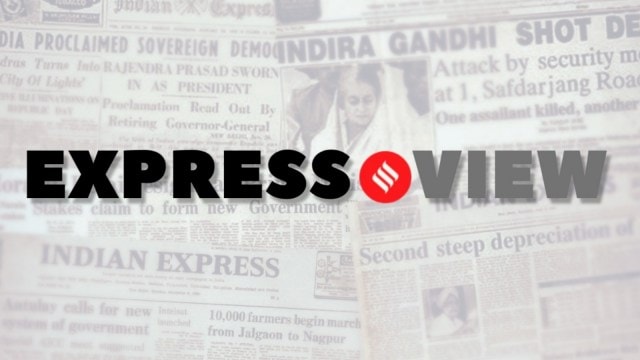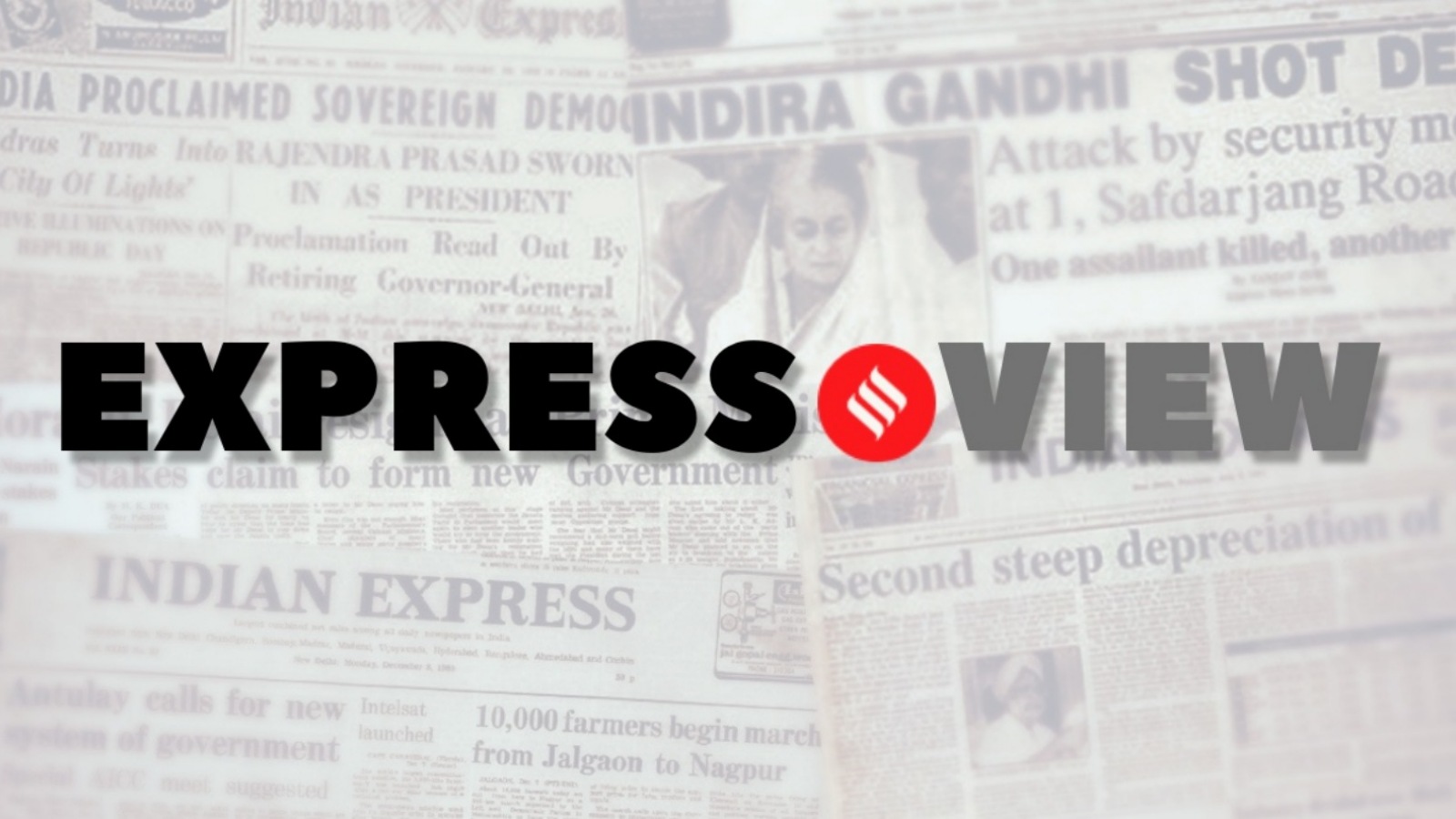
for the first time since 1990, the BJP and Shiv Sena — at least as the latter existed before the party split into the Eknath Shinde and Uddhav Thackeray factions in 2022 — are not going to contest the Maharashtra assembly polls as allies. With both the Shiv Sena and Shiv Sena (UBT) claiming the Balasaheb Thackeray legacy and Hindutva credentials and with the Congress-led Maha Vikas Agadi and the BJP-led Mahayuti alliance promising reservations to various communities, the November 20 vote does not seem to be an ideological contest. While the Mahayuti and MVA have largely firmed up their seat-sharing arrangements, internal contradictions remain in the alliances. The winner in Maharashtra will govern India’s financial capital, and that in itself is significant for New Delhi, and the roads that lead to it.
The 2024 general election was a boost for the INDIA bloc as a whole and the MVA in particular. The breaking up of the Shiv Sena and the NCP had introduced a new element of complexity to the state’s politics and the MVA’s 30 Lok Sabha seats (out of 48) led to much self-congratulation. Repeating that performance in the assembly, however, will not be straightforward. For one, the vote-share difference between the two alliances was negligible (43.5 per cent for Mahayuti, and 43.7 per cent for the MVA). Second, the Eknath Shinde government has introduced a slew of welfare programmes ahead of the polls in an attempt to counter anti-incumbency. If the MVA manages to continue the momentum of the Lok Sabha elections, it will boost the Opposition’s confidence nationally as well. On the other hand, if the BJP and its allies can pull off a repeat of the performance in Haryana, it will be an endorsement of the much-vaunted “electoral machine” of the ruling party, which suffered a setback in the general election.
The core social bases of the NCPs and Shiv Senas are now up for grabs. Building a social coalition, though, is imperative for the alliances and easier said than done. For the Mahayuti, for example, balancing the Shinde Sena’s wooing of the Maratha community while not upsetting the BJP’s OBC base has been a challenge. In the general elections, both Uddhav Thackeray and the grand patriarch of Maharashtra politics, Sharad Pawar, presented a narrative of being betrayed by Shinde and Ajit Pawar, respectively. For the ageing senior Pawar, this is a battle for his legacy; for nephew Ajit, relevance. In the Lok Sabha polls, the MVA and INDIA managed to weave in with the mess of politics, of splits and turncoats, larger issues around unemployment, rural distress and the broader economy. Whether it is a story that can be sold again remains to be seen.


